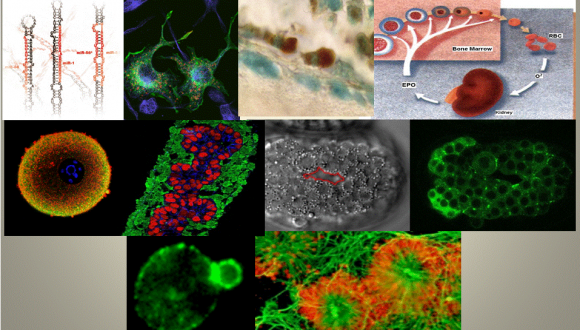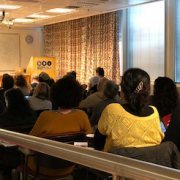Cell and Developmental Biology
The Department of Cell and Developmental Biology in the Sackler Faculty of Medicine comprises 10 research groups. The research in our department focuses on the cellular and molecular mechanisms that underlie the development, homeostasis and repair of tissues and organs. Our laboratories use a variety of experimental methods, from computational in-silico approaches to in vitro models of tissue and organ culture and in vivo models of organisms such as C. elegans and mice.
The department's faculty is active in mentoring and training the next generation of physicians and researchers in the fields of biology and medicine. They teach basic and advanced courses on diverse topics to students pursuing degrees in medicine, graduate studies, or PhDs. These topics cover cellular and developmental biology, histology, embryology, molecular mechanisms in cellular movement, stages of RNA processing, cell death, and stem cell biology.
The research groups in the department work to discover and characterize molecular cellular processes that underlie the normal functioning of the body's tissues, and also they seek to identify changes in these processes that lead to disease. These findings aid the development of new drugs. Alongside basic research, researchers in the department work to develop innovative therapeutic approaches to a variety of diseases, such as cancer, anemia, allergies, infertility, skeletal and nervous diseases and diabetes.



